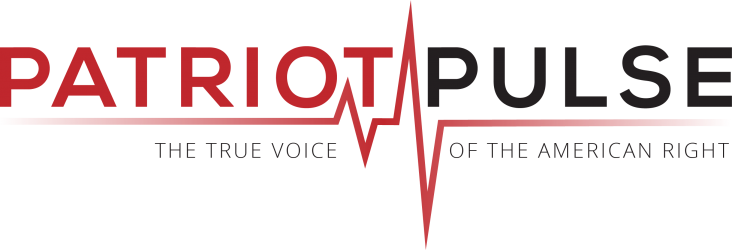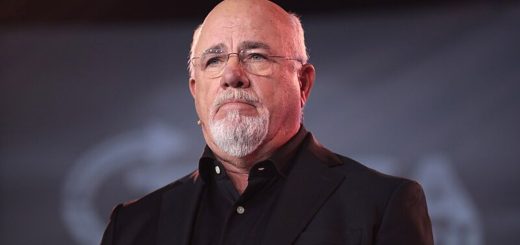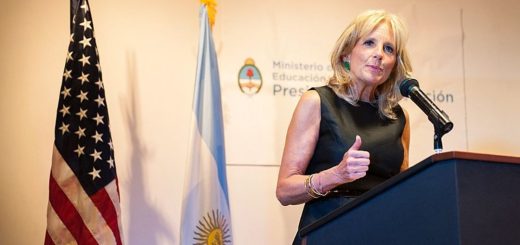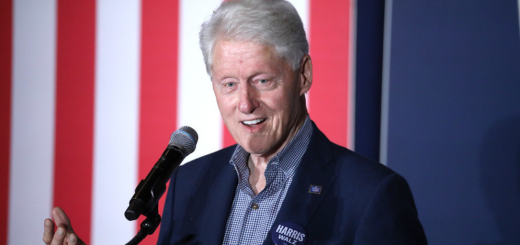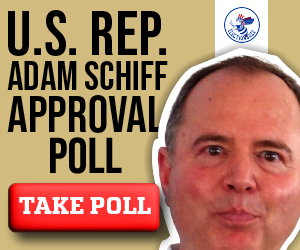Hillary Clinton let the cat out of the bag on Kamala Harris’ awful plan to censor you
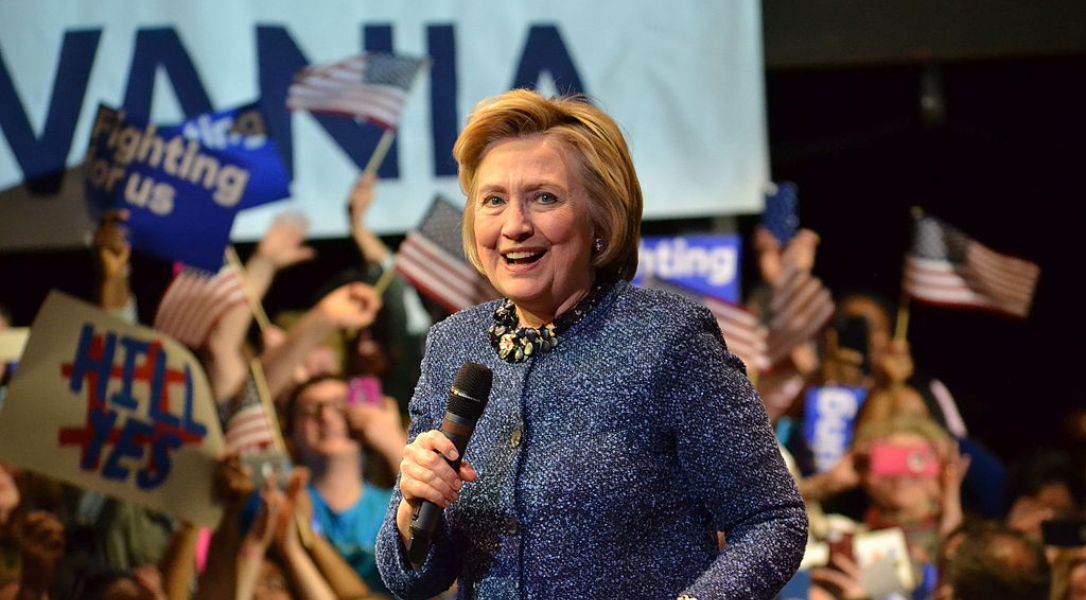
Kamala Harris has kept her cards close to the vest on what she would do if elected President of the United States.
There is a very good reason for that.
But now Hillary Clinton let the cat out of the bag on Kamala Harris’ awful plan to censor you.
Hillary Clinton says Kamala’s first legislative priority would be censoring the internet
Americans are still left guessing as to what would be the number one agenda item for Vice President Kamala Harris if she enters the White House.
Former President Donald Trump has already answered that question.
He said on day one he would sign executive orders sealing the border and unleashing American energy production.
But with Kamala mum’s the word.
Hillary Clinton gave a hint, however, of what policies Democrats would pursue if Americans handed them power in November.
She told CNN’s Michael Smerconish that Kamala and a Democrat Congress would shred the First Amendment and censor the internet.
“We need national action and sadly, our Congress has been dysfunctional when it comes to addressing these threats to our children. So you’re absolutely right. This should be at the top of every legislative, political agenda,” Clinton stated.
Clinton explained that Democrats would repeal Section 230 of the 1996 Communications and Decency Act – which her husband signed into law – that protects social media companies from lawsuits.
“There should be a lot of things done. We should be, in my view, repealing something called Section 230, which gave platforms on the internet immunity because they were thought to be just pass-throughs, that they shouldn’t be judged for the content that is posted, Clinton stated.
Why Democrats will pursue censorship
This is now a priority for Democrats because since Tesla founder Elon Musk bought Twitter, the Left’s censorship protocols vanished.
Democrats no longer owning a monopoly on censorship drove them wild.
That’s because thanks to Musk owning X, Democrats couldn’t censor videos of President Joe Biden acting all senile by calling them “cheap fakes.”
Americans also wouldn’t know how lousy the federal response to Hurricane Helene is because anyone who pointed out how Kamala and Biden abandoned the survivors would be labeled misinformation and deleted from the internet.
Clinton gave the game away when she claimed “if they don’t moderate and monitor the content we lose total control.”
What she means is that without censorship the American people will have access to views and information that makes Democrats look bad and expose their policies as failures.
Kamala Harris will pursue censorship
Kamala and her running mate, Minnesota Governor Tim Walz, are the most anti-free speech ticket in American history.
Previously, Kamala promised civil or criminal penalties for “hate” speech online declaring during a speech at the NAACP that “we will hold you accountable” unless Big Tech companies “police your platform.”
During the Vice Presidential debate, Walz promised censorship if Kamala won.
Walz declared that the government could ban “threatening or hate speech.”
“You can’t yell fire in a crowded theater. That’s the test. That’s the Supreme Court test,” Walz falsely claimed.
Democrats get this wrong all the time.
You can shout fire in a crowded theater.
Walz referred to the odious 1919 Supreme Court case Schenk v. United States where the court allowed the government to ban passing out leaflets opposing World War One.
The “you can’t shout fire in a crowded theater” line came from Oliver Wendel Holmes’ opinion.
“The most stringent protection of free speech would not protect a man falsely shouting fire in a theatre and causing a panic… The question in every case is whether the words used are used in such circumstances and are of such a nature as to create a clear and present danger that they will bring about the substantive evils that Congress has a right to prevent,” Holmes wrote.
But the Supreme Court overturned Schenk in 1969’s Brandenberg v. Ohio where the justices established a new test that only allowed for the government to restrict speech if it directly led to violence.
The majority wrote, “the constitutional guarantees of free speech and free press do not permit a State to forbid or proscribe advocacy of the use of force or of law violation except where such advocacy is directed to inciting or producing imminent lawless action and is likely to incite or produce such action.”
